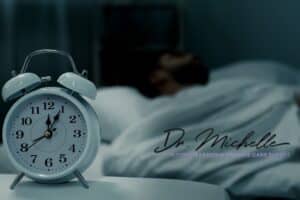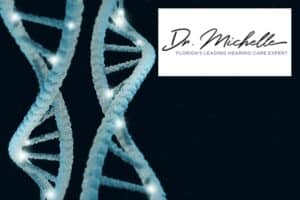As we age, it is crucial to grasp the connection between getting older and experiencing hearing loss. Hearing loss is a prevalent issue among older adults, and understanding its causes and implications can help us take proactive steps toward managing it effectively. In this blog post, we will delve into the impact of aging on hearing and explore the various factors contributing to age-related hearing loss. Additionally, we will discuss the importance of early detection, prevention strategies, and the role of hearing care professionals in managing hearing loss.
The Aging Process and Hearing Loss
The aging process naturally affects our hearing abilities. With age, the delicate structures in our ears responsible for processing sound begin to deteriorate. This can lead to a condition known as presbycusis, which refers to age-related hearing loss. This gradual decline in hearing ability often begins with difficulty hearing high-pitched sounds or understanding conversations in noisy environments. According to statistics, approximately one in three people aged 65 to 74 experience hearing loss, with the number increasing to almost one in two among those aged 75 and older.
Factors Contributing to Age-Related Hearing Loss
While aging is a significant factor in hearing loss, other factors can contribute to its development. Genetic factors and family history play a role in determining our susceptibility to hearing loss as we get older. Additionally, prolonged exposure to loud noises over time, such as working in noisy environments or attending concerts without proper ear protection, can damage the delicate structures in our ears. Certain medical conditions, such as diabetes and cardiovascular disease, as well as medications like certain antibiotics and chemotherapy drugs, can also contribute to hearing loss.
Understanding the Impact of Age-Related Hearing Loss
Untreated hearing loss can have significant consequences on both our physical and emotional well-being. Physically, hearing loss can lead to feelings of fatigue and increased stress as the brain works harder to process sounds. It can also potentially impact our balance and increase the risk of falls. Emotionally, hearing loss can lead to feelings of social isolation, frustration, and even depression. Moreover, research suggests a link between hearing loss and cognitive decline, emphasizing the importance of addressing hearing loss to support healthy brain function. By addressing hearing loss, we can maintain our social interactions and overall quality of life.
Recognizing the Signs of Age-Related Hearing Loss
Recognizing the signs of age-related hearing loss is crucial for early intervention. Some common symptoms to look out for include difficulty understanding speech, frequently asking others to repeat themselves, turning up the volume on electronic devices, and experiencing ringing or buzzing sounds in the ears. If you or your loved ones notice any of these signs, it is essential to seek professional help for a comprehensive hearing evaluation.
Prevention and Management Strategies
While age-related hearing loss is often inevitable, there are several strategies to help maintain hearing health as we age. First, it is crucial to protect our ears from excessive noise exposure. This can be achieved by wearing earplugs or earmuffs in noisy environments. Regular exercise and a healthy diet can also support overall wellness, including hearing health. Additionally, staying up to date with vaccinations and managing underlying medical conditions can help preserve our hearing abilities.
In cases where hearing loss already exists, hearing aids and other assistive devices can make a significant difference. Modern hearing aids are discreet, technologically advanced, and tailored to the specific needs of each individual. They can help improve speech understanding, reduce background noise, and enhance overall sound quality. However, it is important to remember that hearing aids are not a one-size-fits-all solution, and consulting with a hearing care professional is crucial for proper fitting and adjustment.
Seeking Professional Help
If you suspect age-related hearing loss, it is essential to consult with a hearing care professional. These professionals specialize in diagnosing and treating hearing loss. They will conduct comprehensive hearing tests to assess your hearing abilities, determine the extent of your hearing loss, and recommend suitable treatment options. Whether it is the recommendation of hearing aids or suggesting alternative interventions, they will guide you through the process and provide ongoing care and support.
Understanding the link between getting older and experiencing hearing loss is vital for older adults and their loved ones. By recognizing the signs of age-related hearing loss, taking preventative measures, and seeking professional help, individuals can actively manage their hearing health and improve their overall quality of life. Don’t let age-related hearing loss go unnoticed. Embrace the proactive approach and rediscover the joys of crystal-clear hearing. Consult a hearing care professional today and take control of your hearing health journey.



